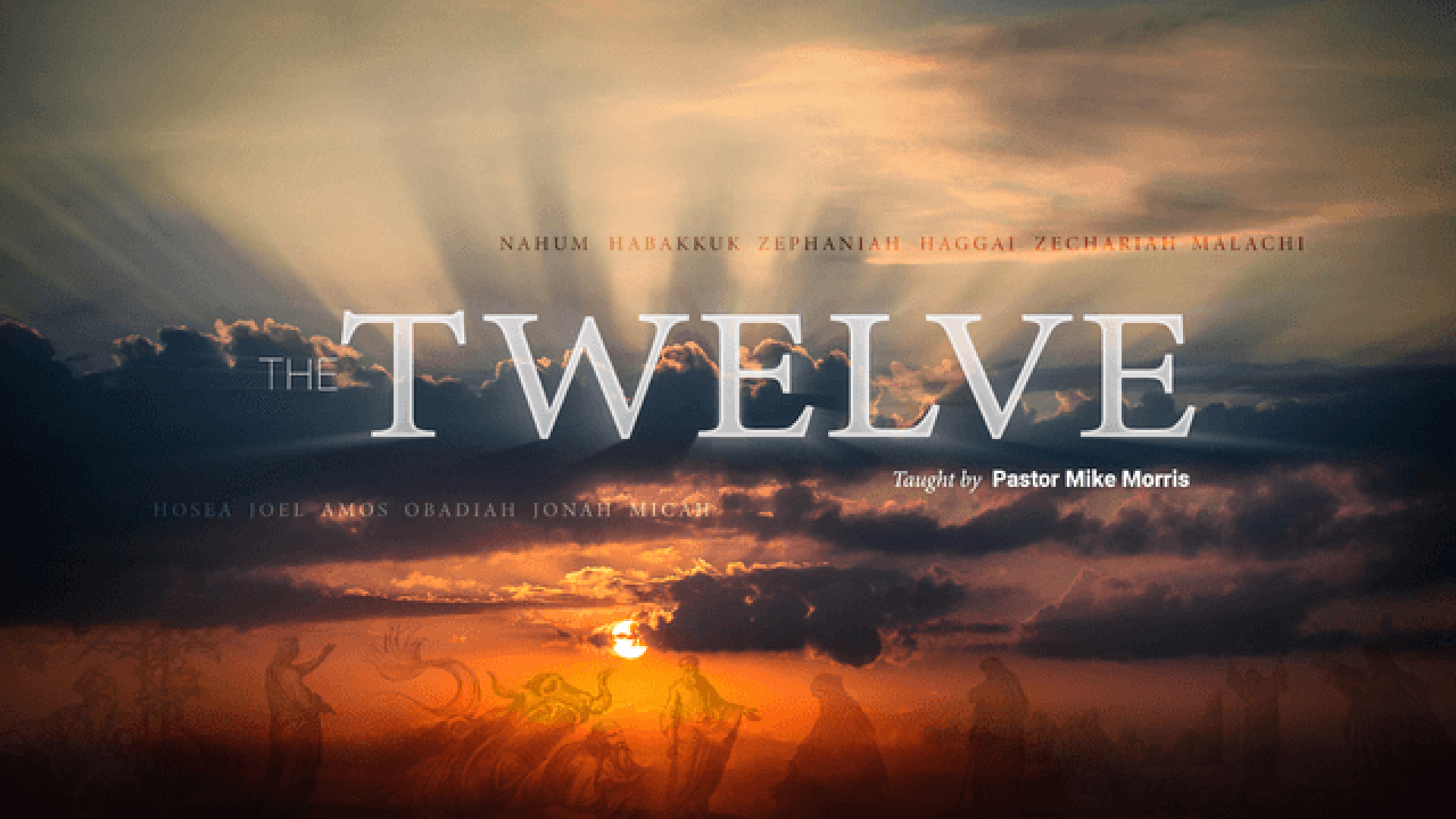Amos | Judgment for social injustice and empty religion
Amos Overview
The Book of Amos is one of the earliest prophetic books in the Old Testament, delivering a bold and urgent call for justice, righteousness, and true worship. Written by Amos, a shepherd and fig farmer from the southern kingdom of Judah, the book is directed primarily at the northern kingdom of Israel during a time of economic prosperity but deep moral and spiritual decay. Amos prophesied during the reigns of King Uzziah of Judah and King Jeroboam II of Israel, likely around 760–750 B.C.
Amos’s message confronts Israel’s complacency, social injustice, and religious hypocrisy. Though not a professional prophet or priest, Amos is divinely called to proclaim hard truths and warn of impending judgment unless the people repent.
Historical Context
During the time of Amos, Israel was enjoying wealth, military success, and apparent political stability. However, this prosperity came at a high cost—corruption was rampant, the poor were exploited, justice was perverted, and religious practices were hollow and self-serving.
Amos was sent from Judah to speak to Israel at a time when few saw the need for correction. The people assumed their prosperity was a sign of God’s favor, but Amos reveals that it was actually a time of looming judgment. The message would have been shocking and unwelcome to Amos’s audience.
Structure and Summary
The Book of Amos is organized into nine chapters and can be broken into four main sections:
- Oracles Against the Nations (Chapters 1–2)
- Judgment on Israel (Chapters 3–6)
- Visions of Judgment (Chapters 7–9:10)
- A Promise of Restoration (Chapter 9:11–15)
1. Oracles Against the Nations (Amos 1–2)
The book opens with a series of judgments pronounced against Israel’s neighbors—Damascus, Gaza, Tyre, Edom, Ammon, and Moab—for their acts of cruelty and violence. These pronouncements likely drew the initial approval of Amos’s audience.
However, the tone shifts dramatically when Amos includes Judah and especially Israel in his list. Israel receives the harshest condemnation for oppressing the poor, accepting bribes, perverting justice, and engaging in sexual immorality and idolatry. Amos makes it clear: Israel’s sins are not just religious failures, but ethical violations that grieve God deeply.
2. Judgment on Israel (Amos 3–6)
Amos delivers a scathing critique of Israel’s moral and spiritual decline. He declares that their privileged position as God’s chosen people comes with greater responsibility—and therefore, greater judgment. “You only have I known of all the families of the earth; therefore I will punish you for all your iniquities” (Amos 3:2).
The prophet highlights key issues:
- Exploitation of the poor – The rich lived in luxury while the needy were sold into slavery for trivial debts.
- Corrupt legal systems – Judges accepted bribes and denied justice to the oppressed.
- Religious hypocrisy – While offering sacrifices and attending festivals, the people’s hearts were far from God.
One of the most powerful calls in the book is found in Amos 5:24:
“But let justice roll down like waters, and righteousness like an ever-flowing stream.”
This verse captures the essence of Amos’s prophetic voice—God desires not empty ritual but a society rooted in justice, compassion, and holiness.
3. Visions of Judgment (Amos 7–9:10)
Amos recounts a series of visions that symbolize coming judgment:
- Locusts – A devastating swarm that threatens Israel’s crops.
- Fire – Consuming the land and sea.
- Plumb line – Measuring Israel’s moral uprightness, which fails the test.
- Basket of ripe fruit – Symbolizing that Israel’s time is up.
- Destruction of the altar – Representing the fall of false religion.
In chapter 7, Amos faces opposition from Amaziah, the priest of Bethel, who tells him to leave Israel. Amos responds by reaffirming that he did not choose this role, but was called by God to speak the truth.
The section closes with a chilling promise: God will destroy the sinful kingdom and scatter the people, removing His protection from a nation that has rejected His ways.
4. A Promise of Restoration (Amos 9:11–15)
Though Amos is filled with warnings, it ends on a note of hope. God promises that after judgment, He will restore the fallen “tent of David” and bring renewal to His people. This future restoration includes:
- Rebuilding ruined cities
- Agricultural abundance
- Repossession of the land
- Permanent security
This vision of restoration foreshadows the coming of the Messiah and the establishment of God’s eternal kingdom. It reminds readers that judgment is never God’s final word—He always holds out the promise of redemption to the repentant.
Key Themes
- Justice and Righteousness – True worship of God must be accompanied by ethical living and concern for the vulnerable.
- Divine Judgment – God holds all nations accountable, especially His own people, for how they treat others.
- Religious Hypocrisy – God rejects worship that is not matched by obedience and compassion.
- Hope and Restoration – Even after judgment, God’s mercy offers restoration and renewal.
Conclusion
The Book of Amos is a powerful reminder that prosperity is not always a sign of divine favor, and that religious ritual without righteousness is meaningless. Through the bold voice of a humble shepherd, God calls His people to repent, seek justice, and return to Him with sincere hearts. Amos’s timeless message continues to challenge individuals and societies to reflect God's character by pursuing justice and living with integrity.


